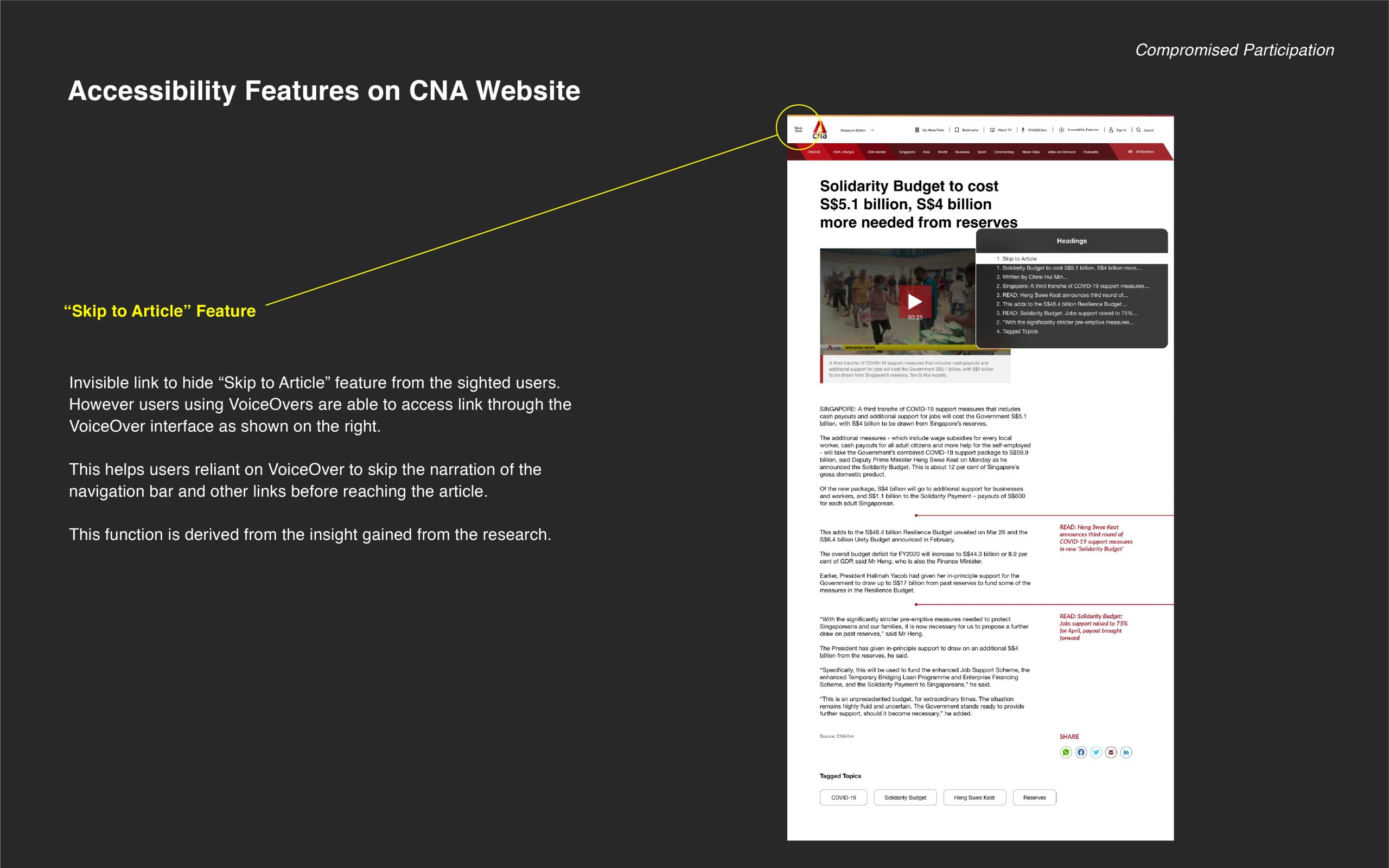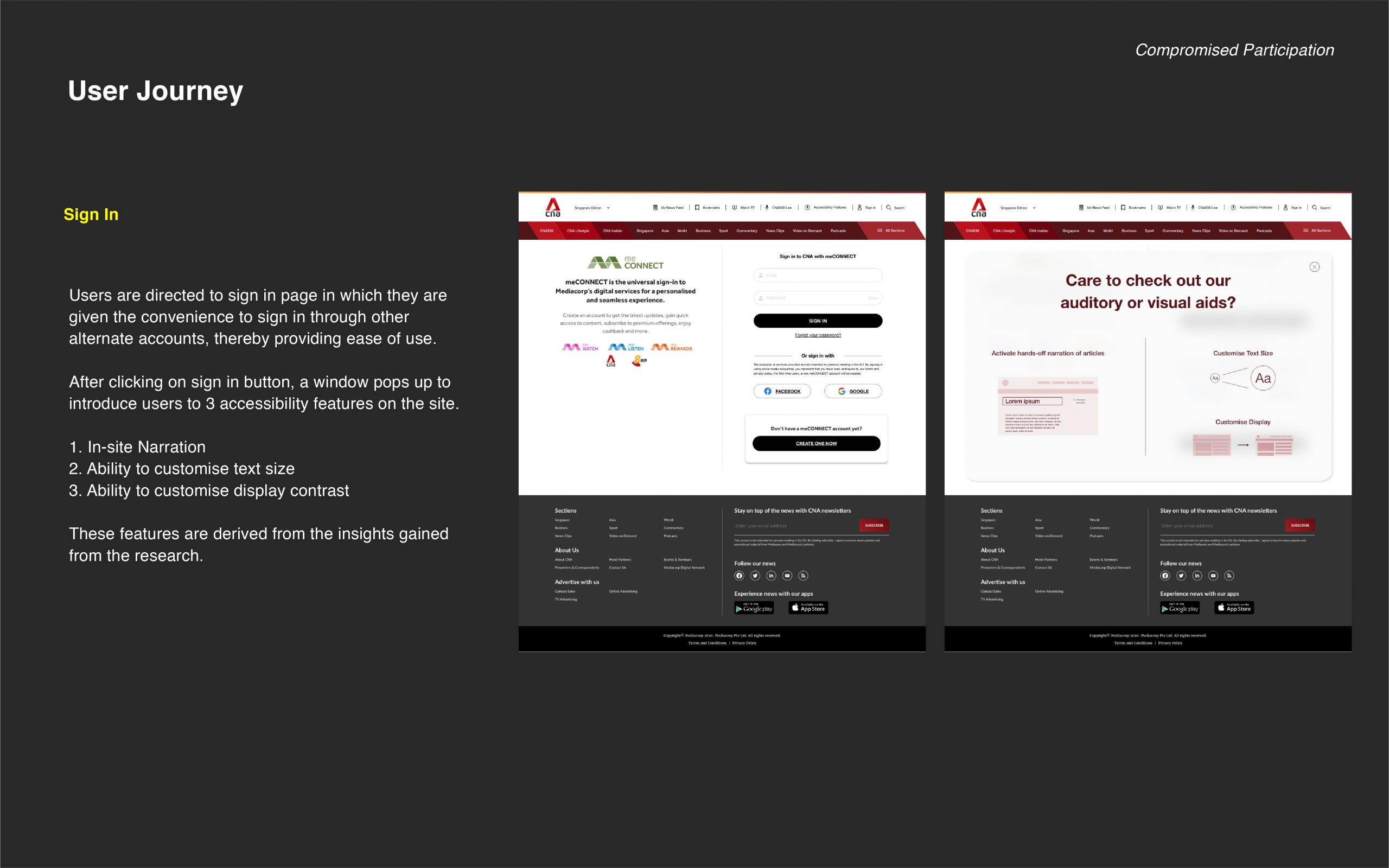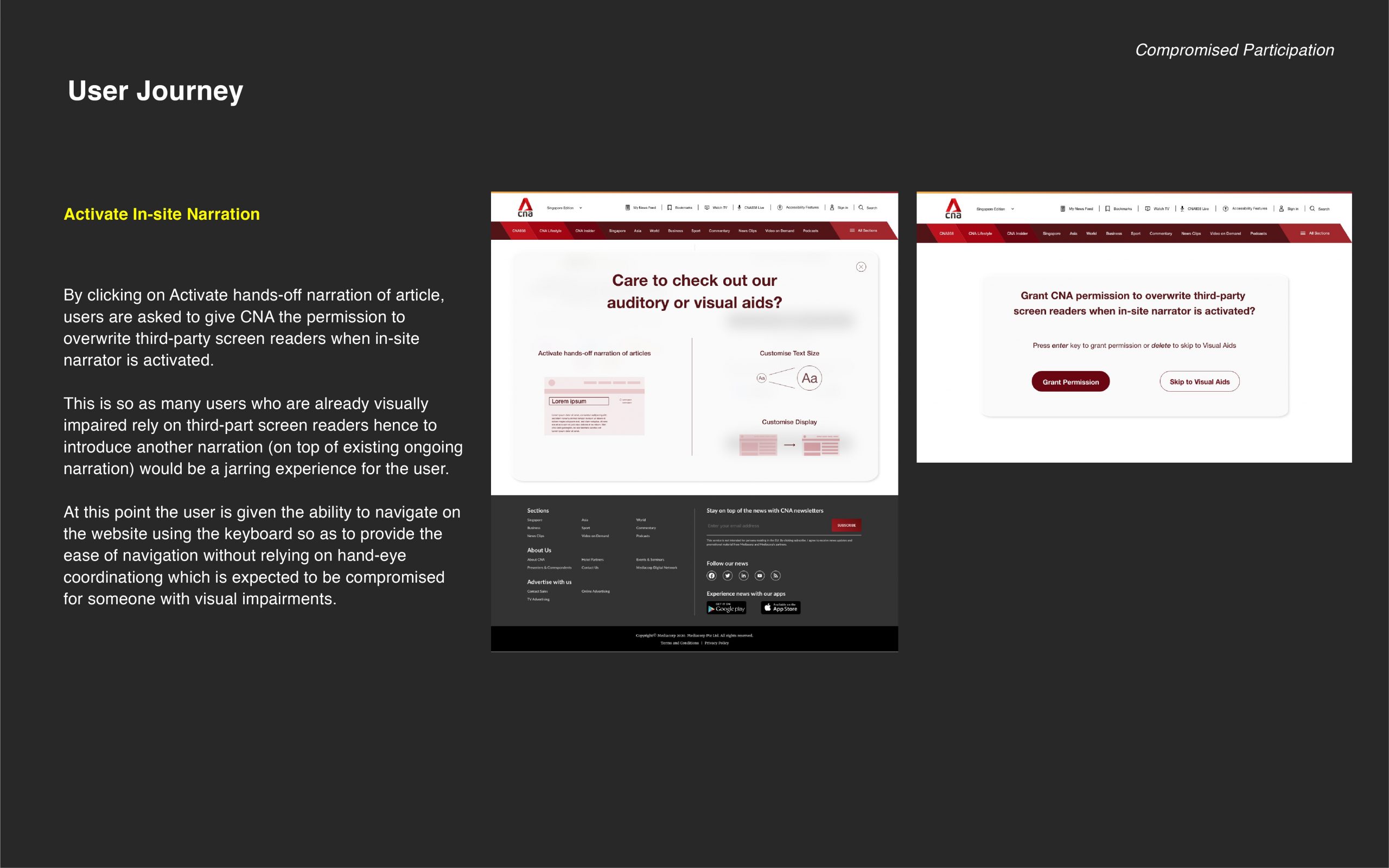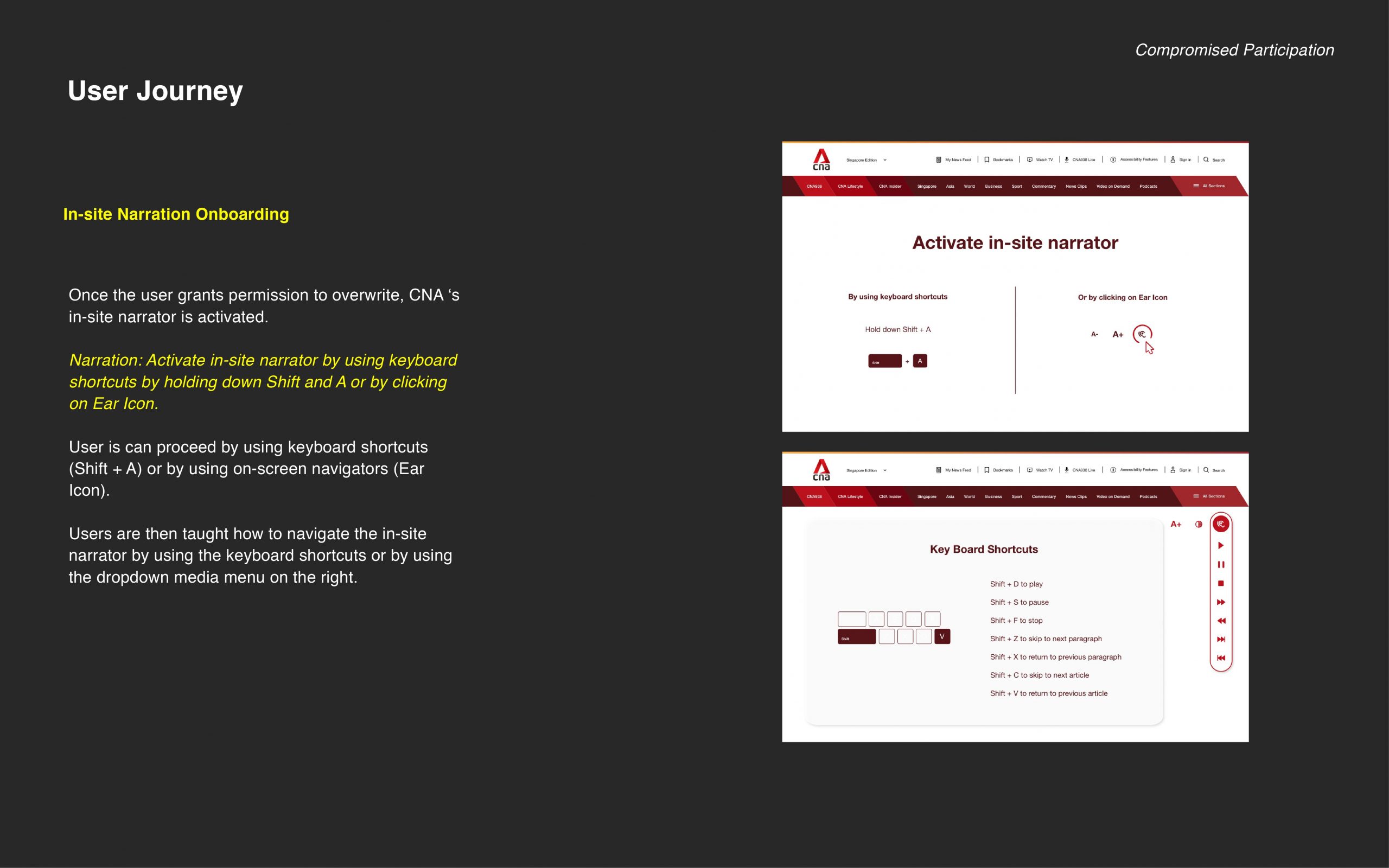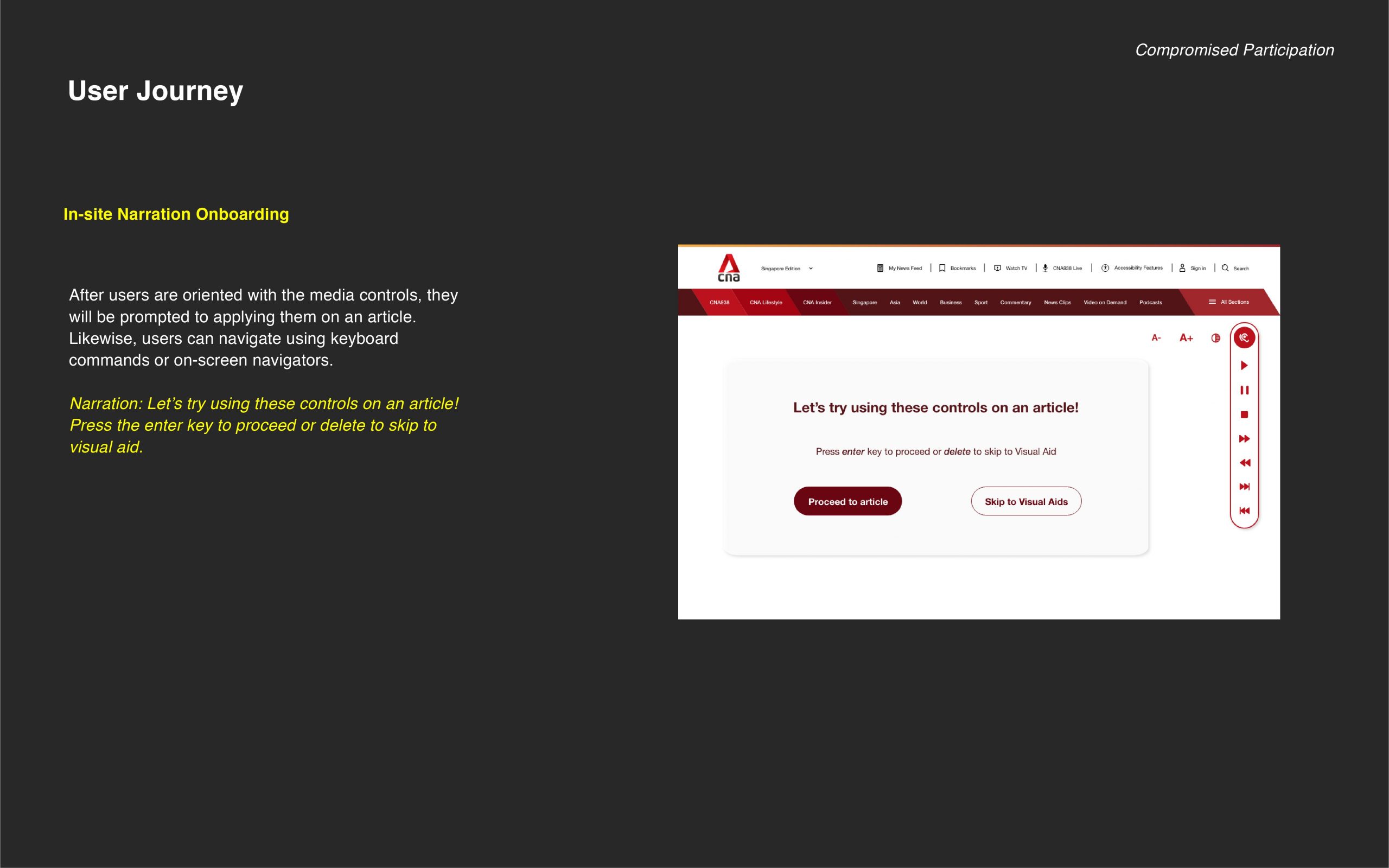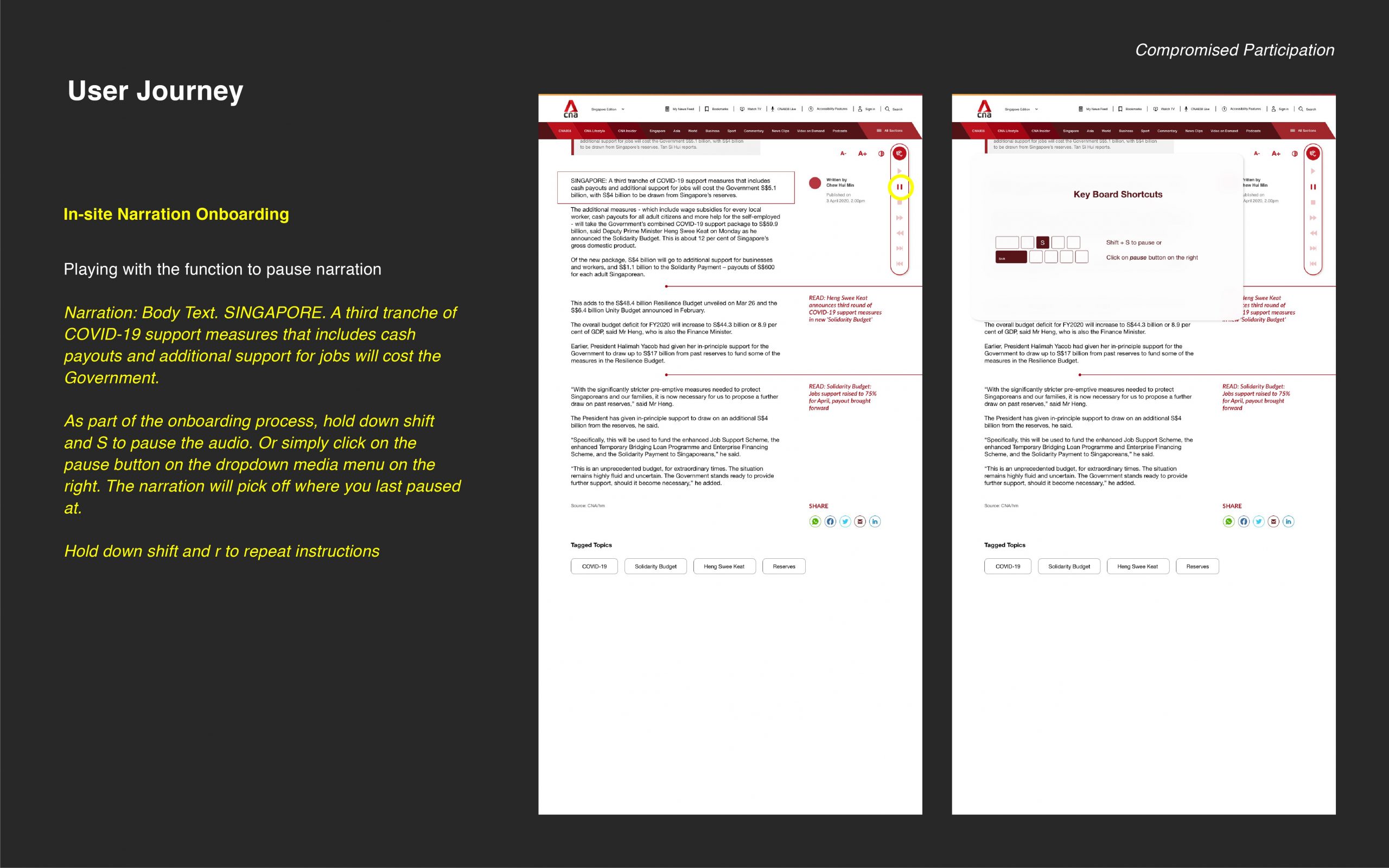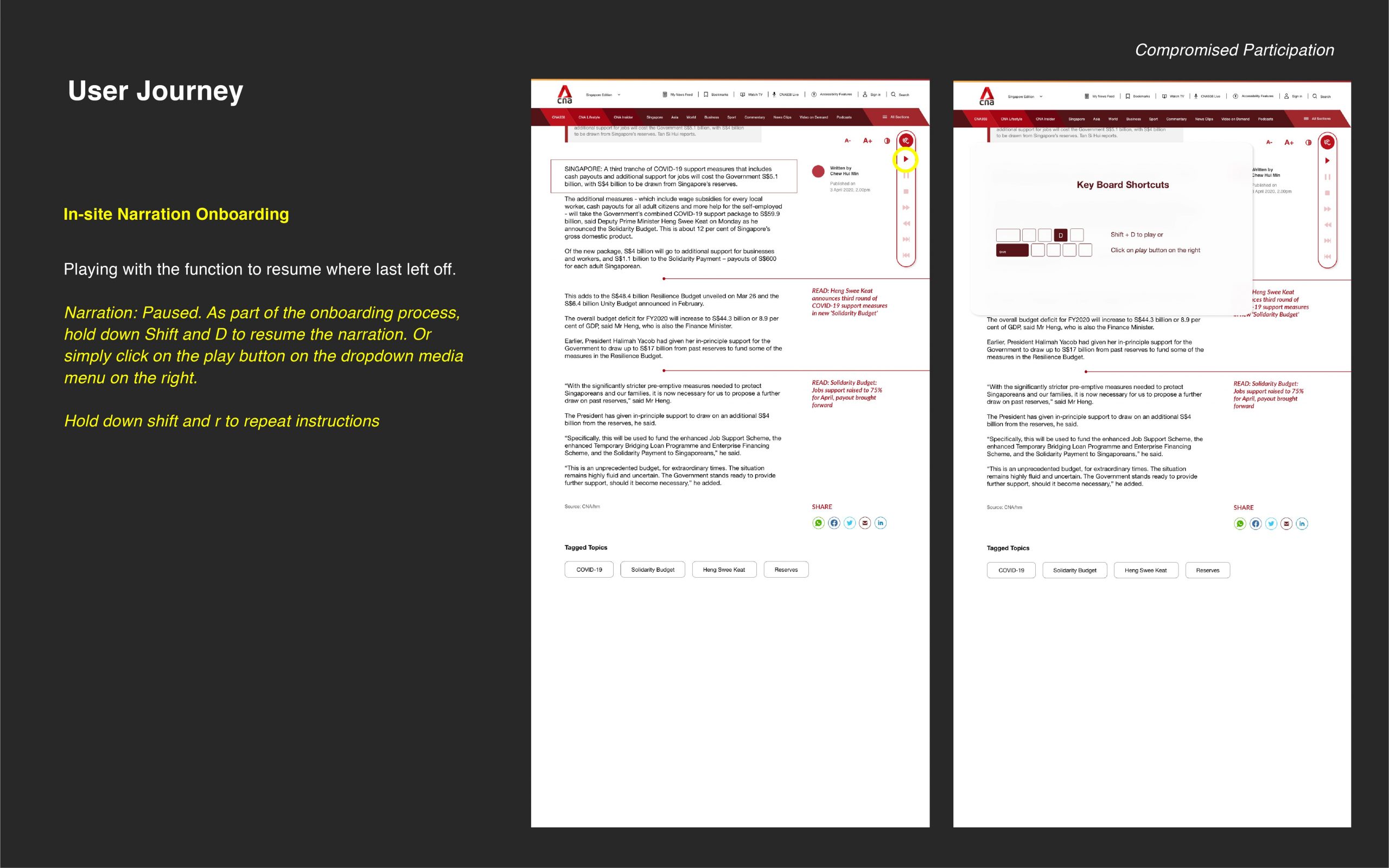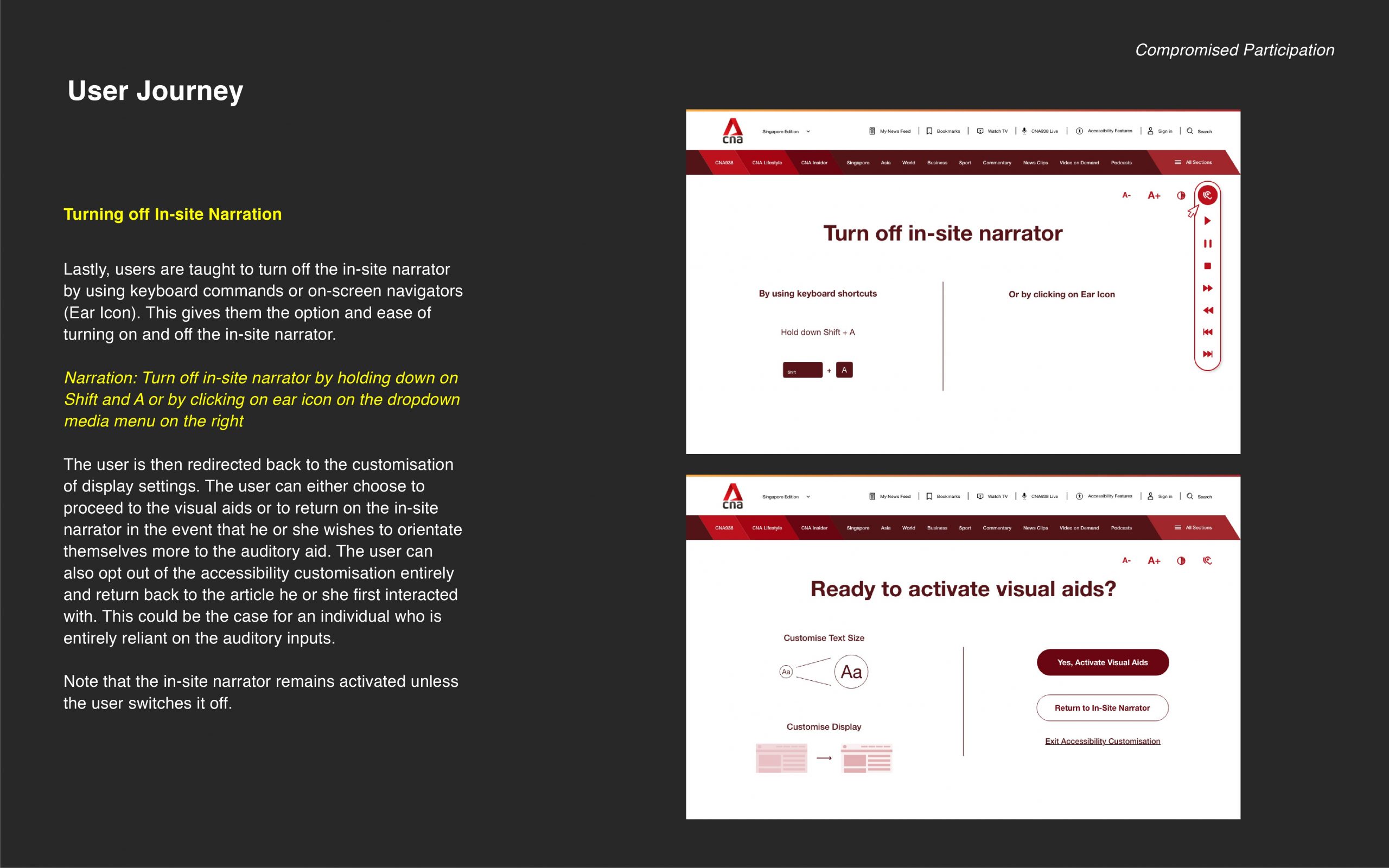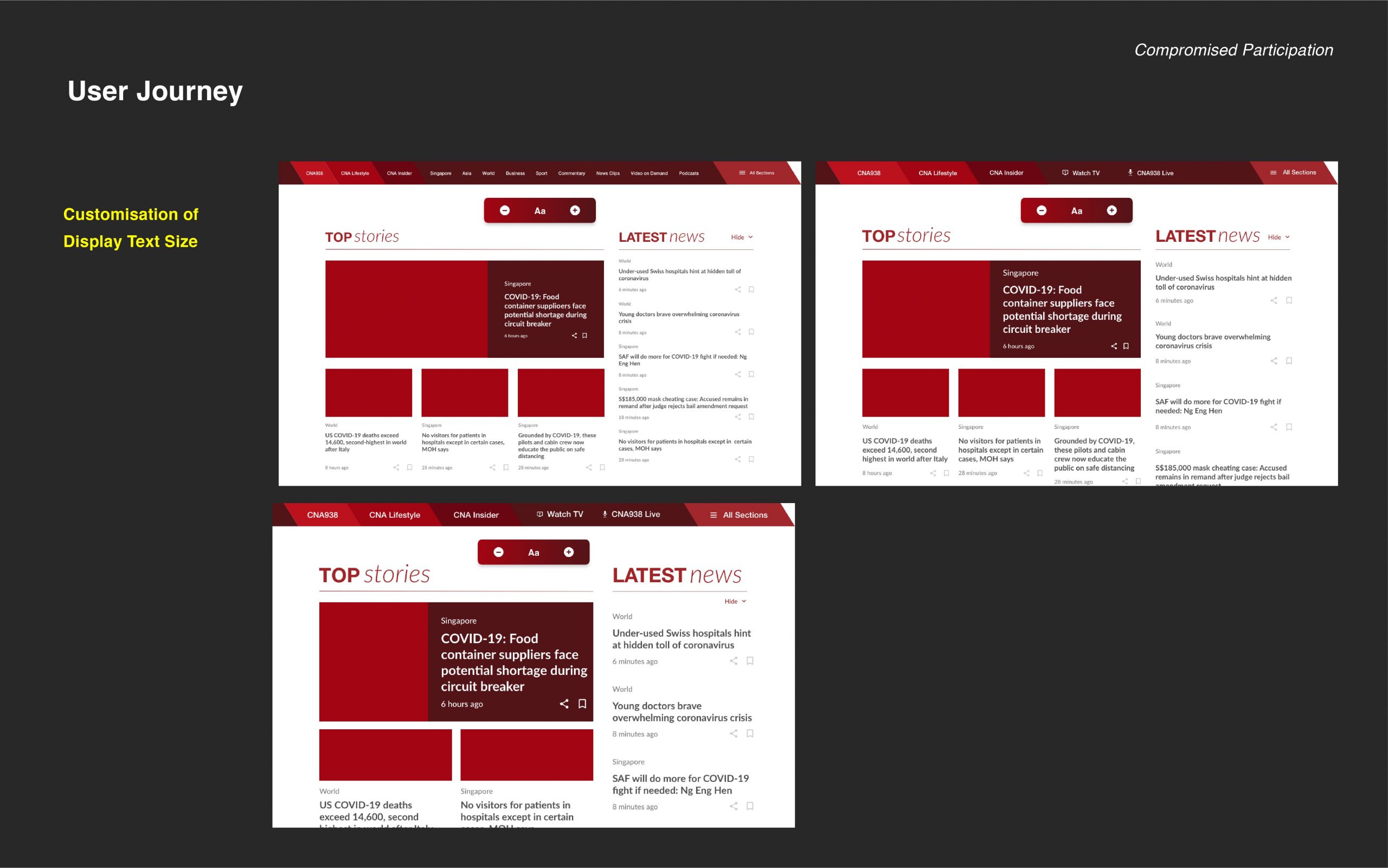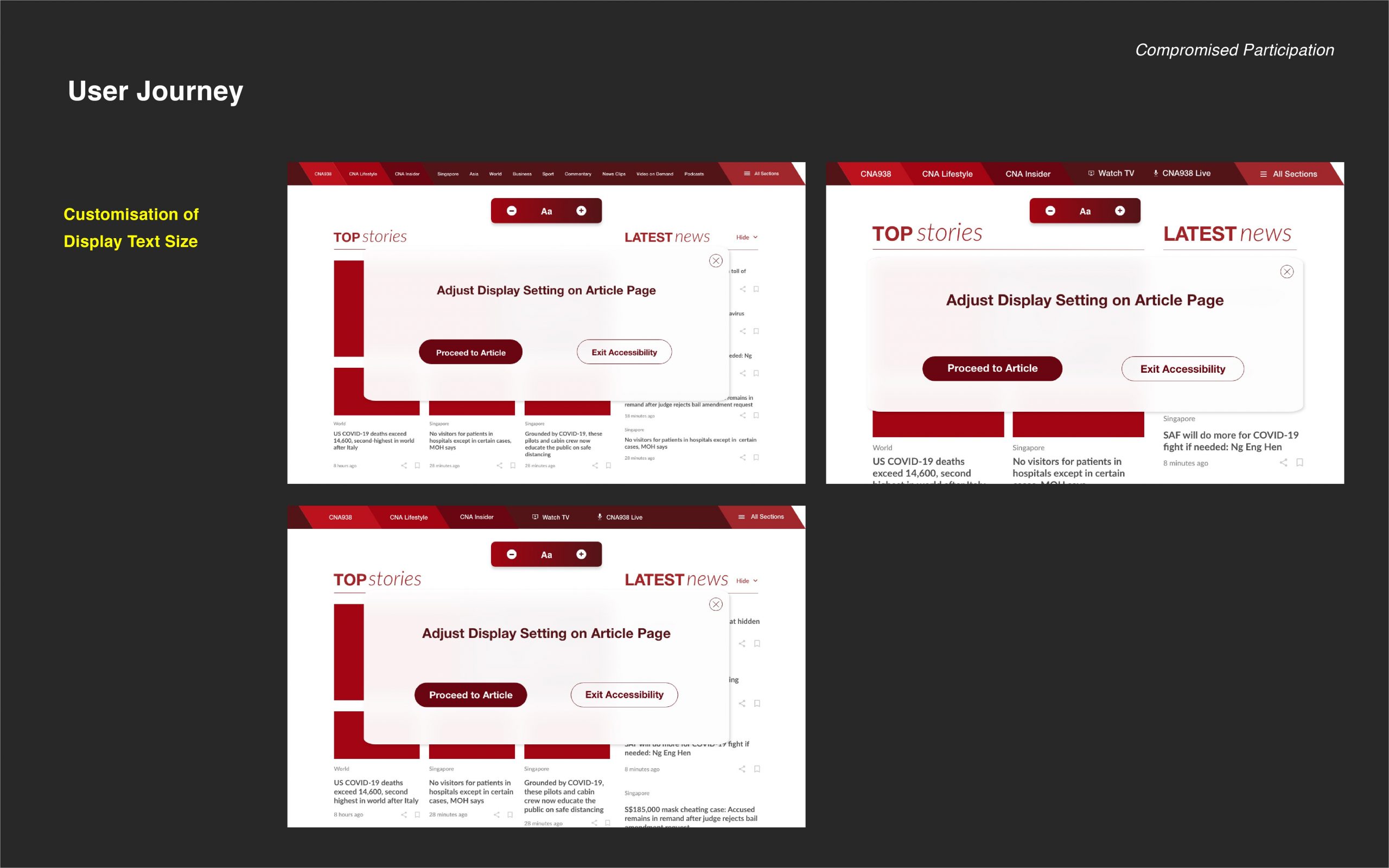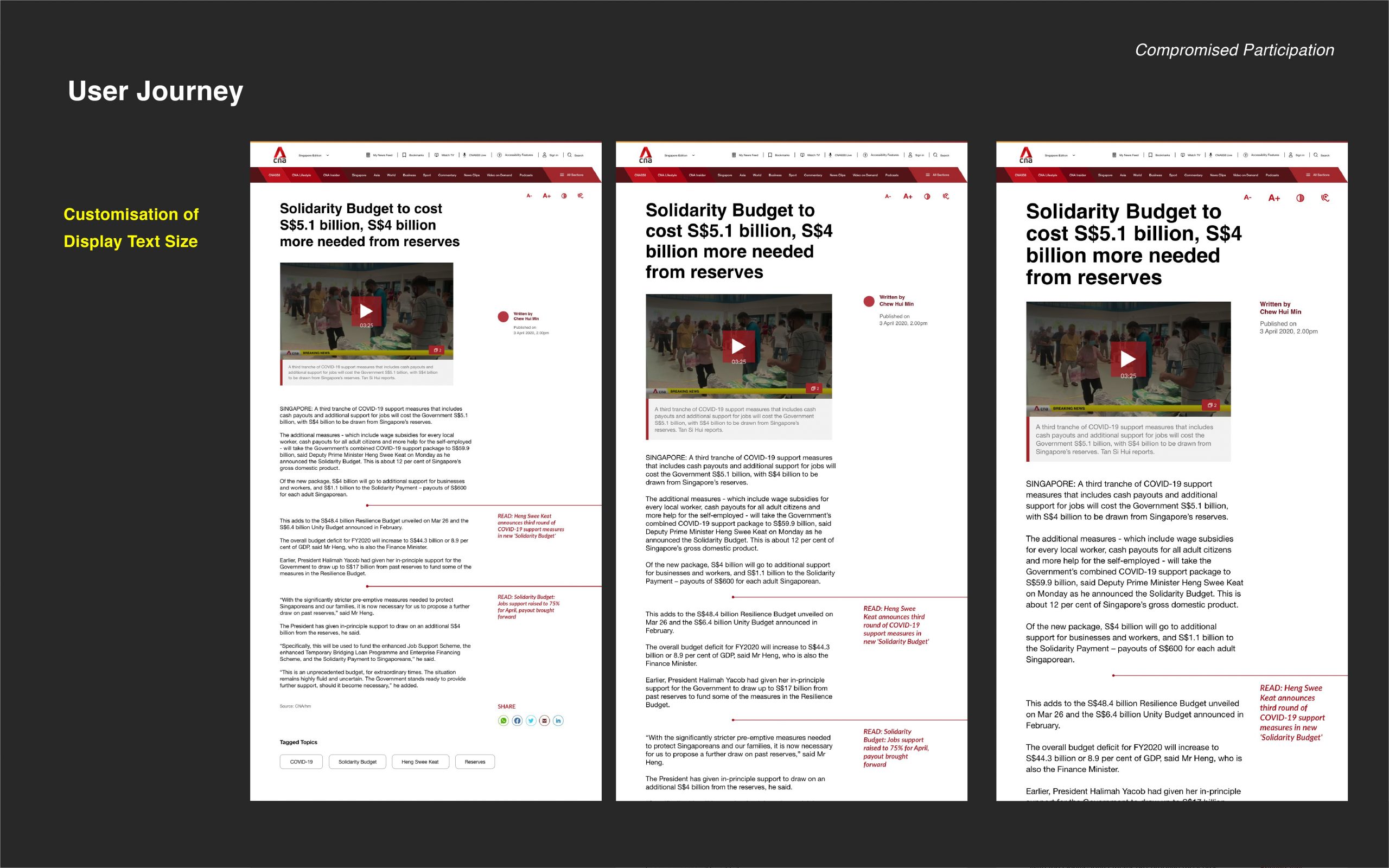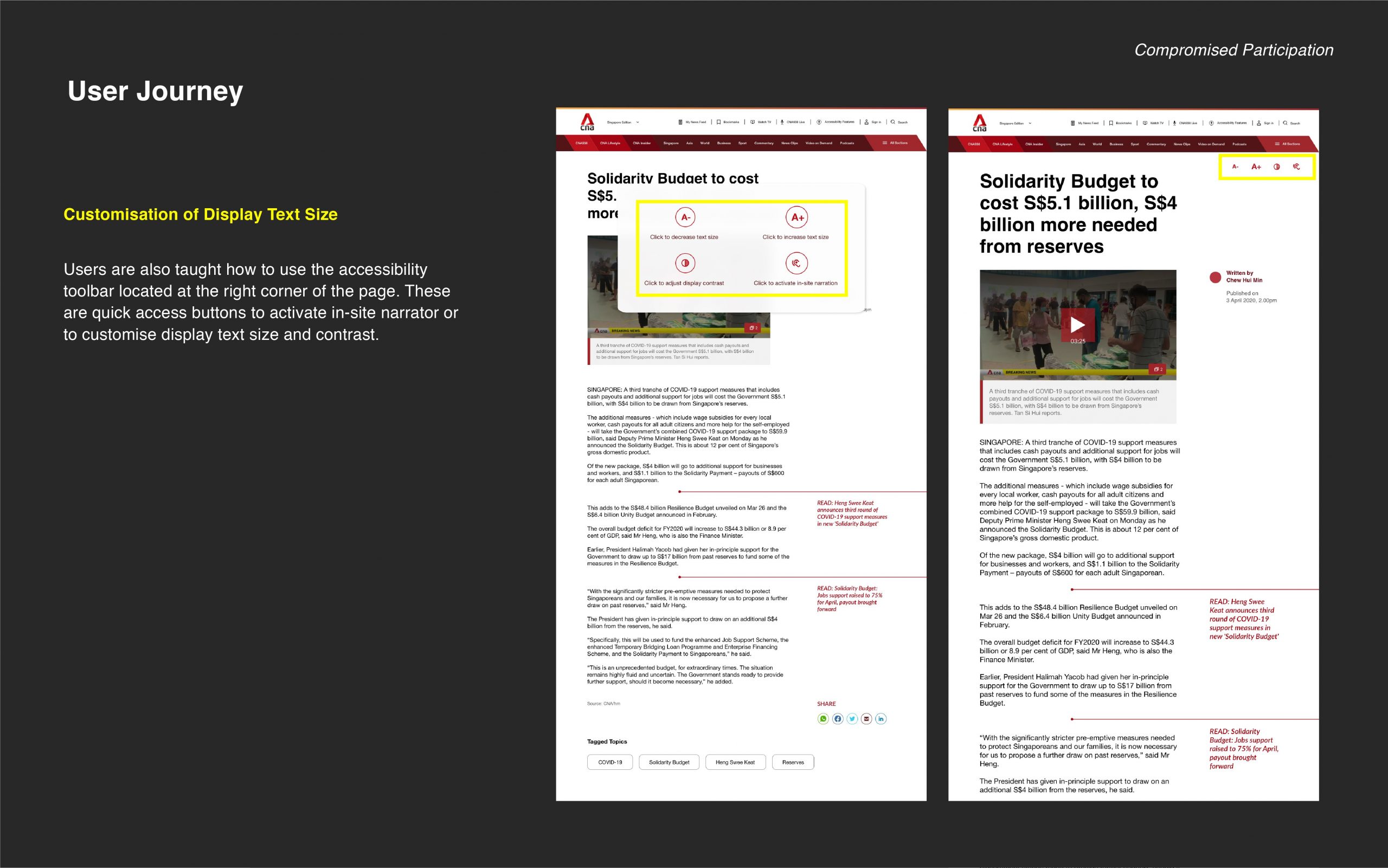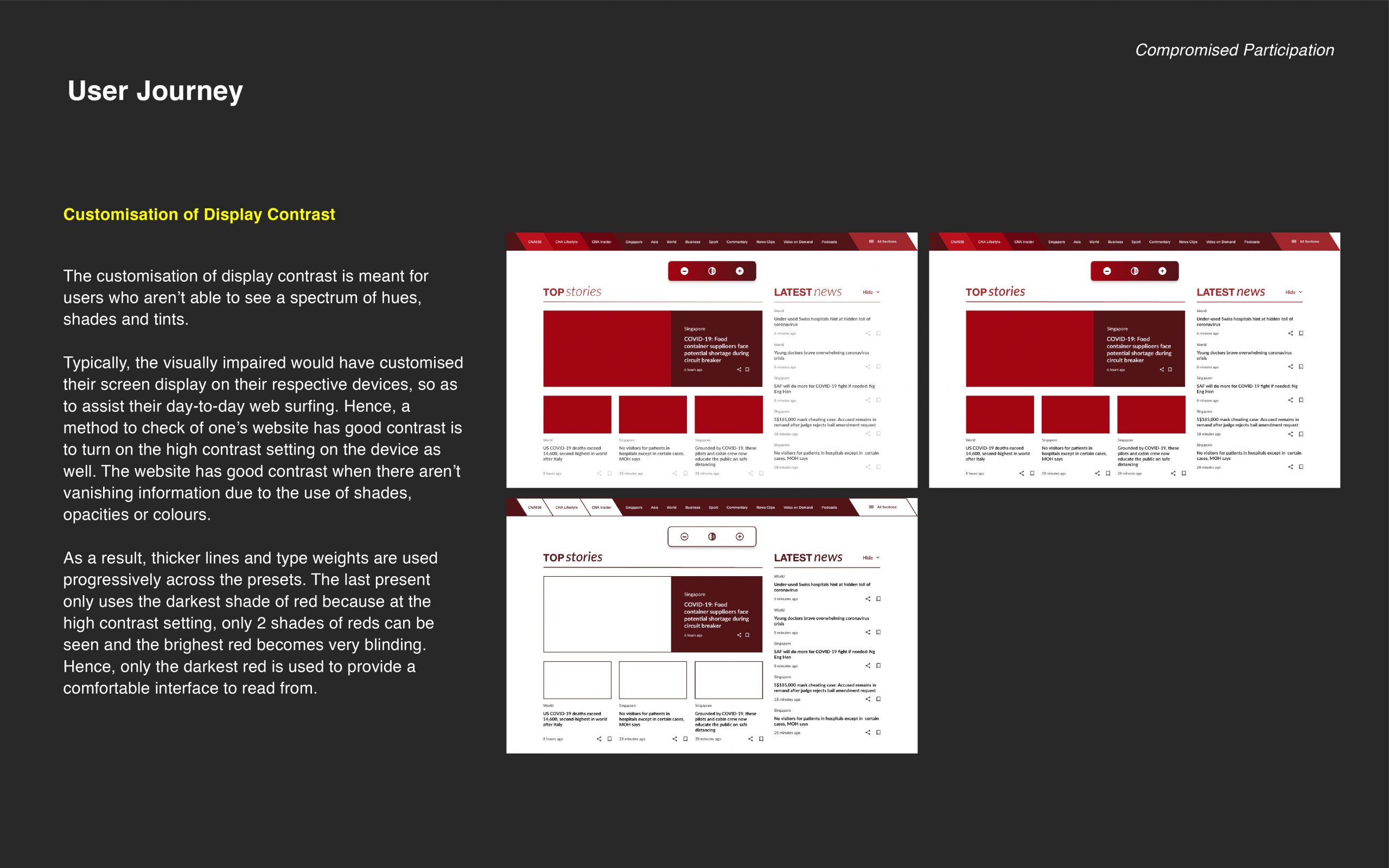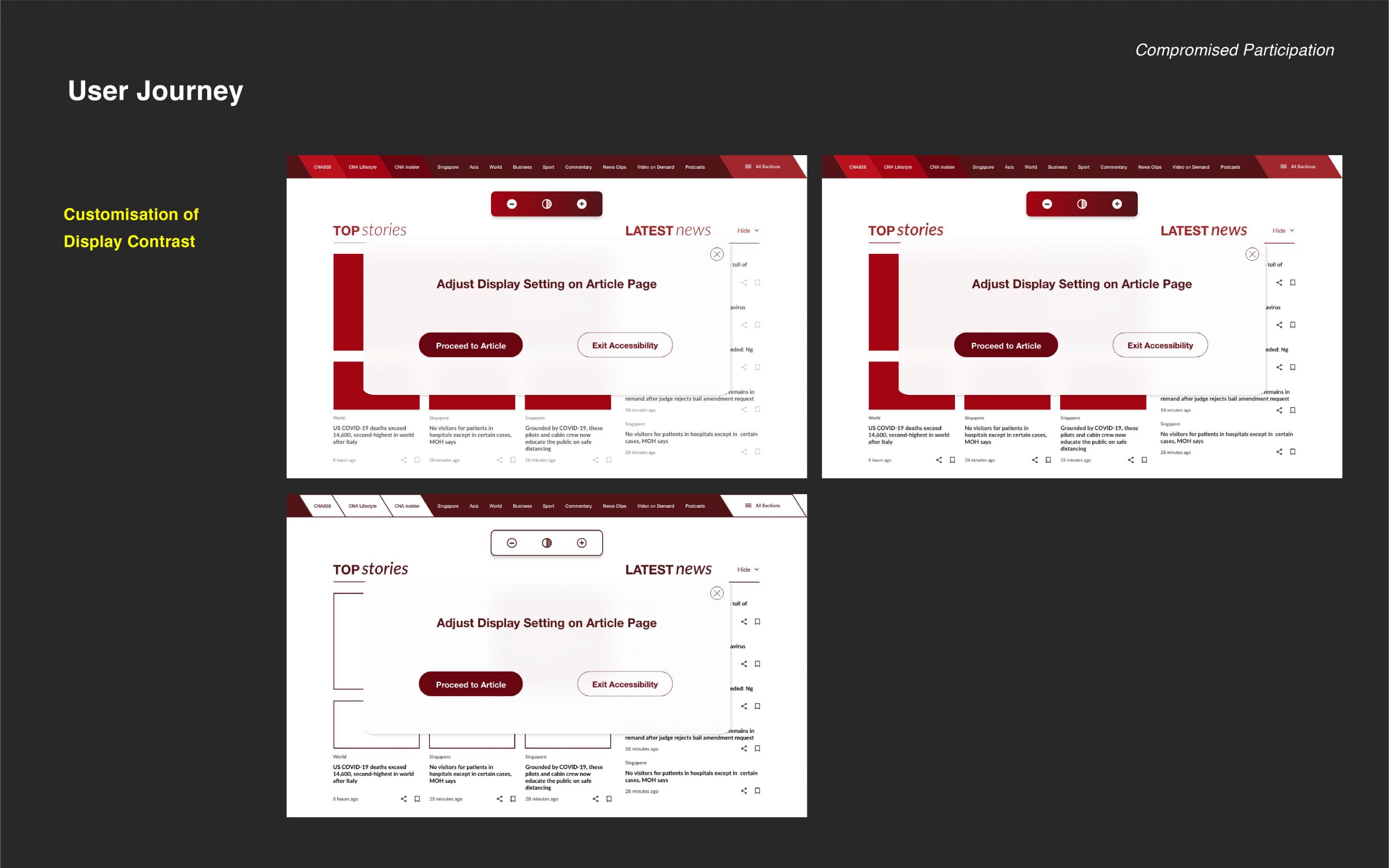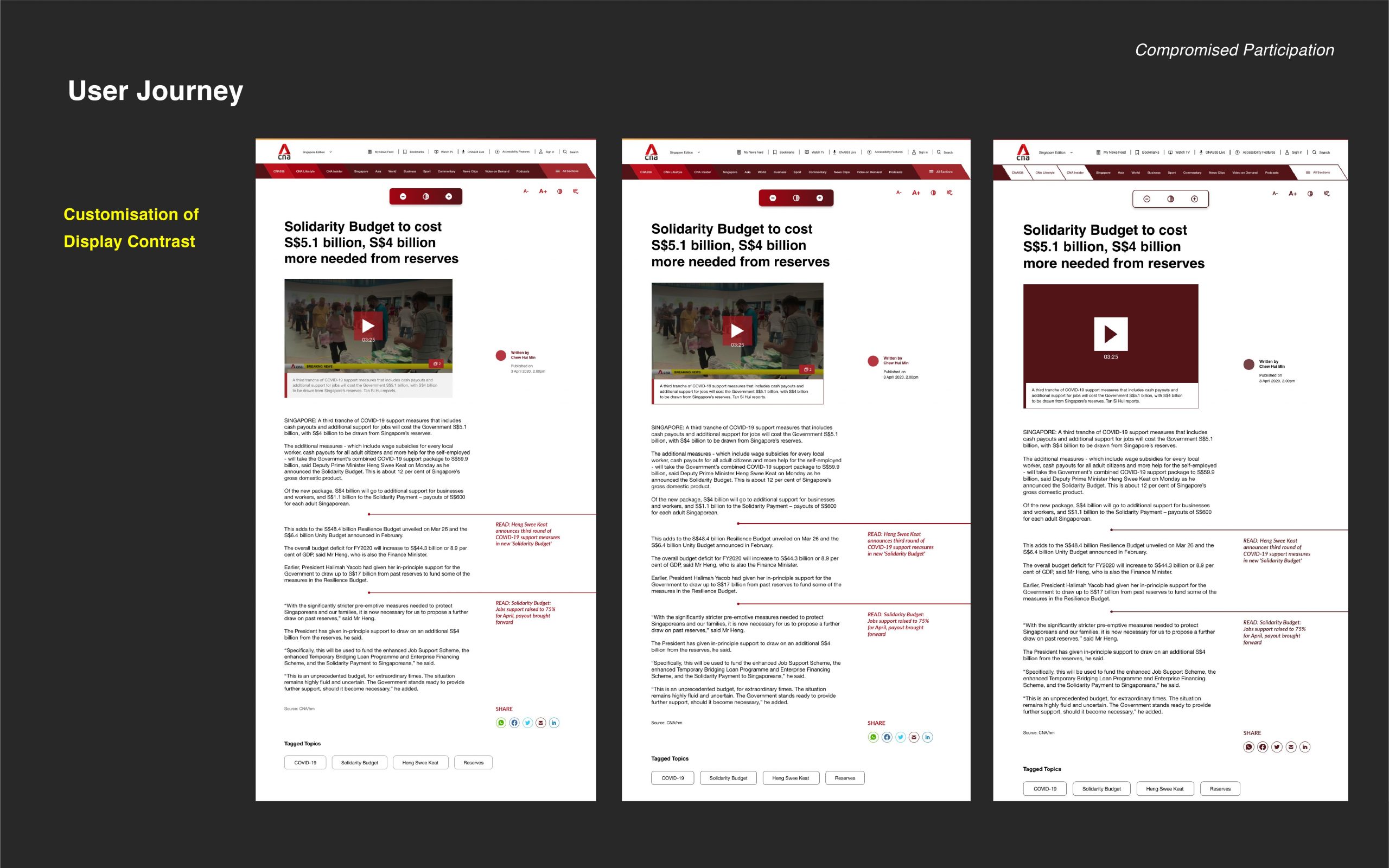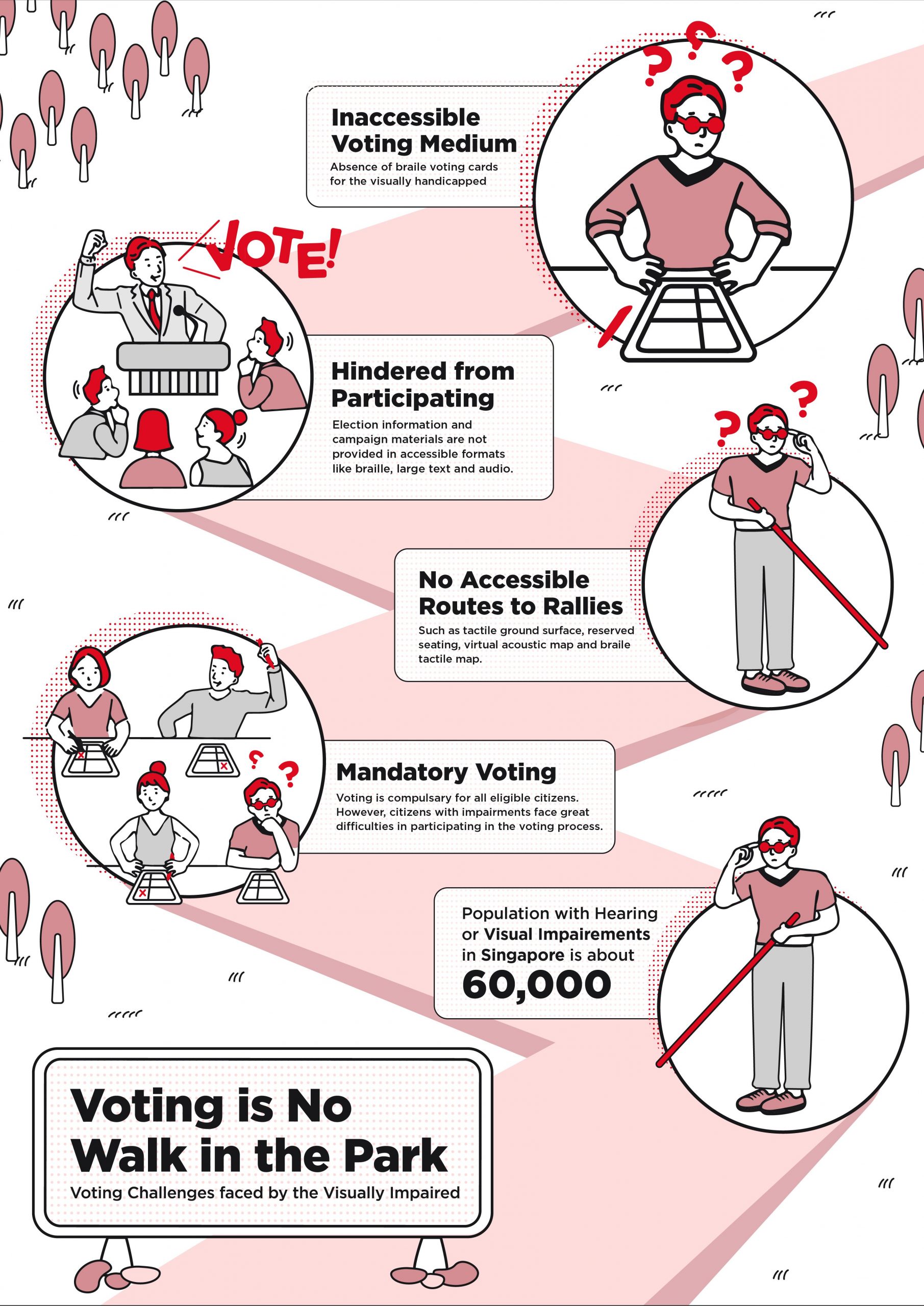What are some current issues confronting the world today?
A. Political: Indeliberate Exclusion of the Disabled from Voting in Singapore
Voting at Singapore’s presidential elections is mandatory for all eligible citizens, including those with disabilities. However, there seems to be a higher barrier to electoral participation for those with physical, visual and mental impediments. These barriers range from a lack of awareness on one’s right to vote, to asymmetrical electoral information and physical barriers at election rallies and voting stations. As a result, the disabled may be deterred from voting and might even be left out of the process altogether. Some efforts have been observed in attempts to alleviate such voting issues however more could be done to resolve the physical barriers, the information and communication barriers as well as systemic barriers.
https://www.dpa.org.sg/wp-content/uploads/2016/10/Achieving-Inclusion-in-Electoral-Process-compressed.pdf
https://www.straitstimes.com/politics/self-inking-pens-prototype-polling-booths-among-changes-for-singapores-next-general
https://www.gov.sg/article/can-i-help-a-physically-handicapped-family-member-mark-his-ballot-paper
US case studies:
Reforming Elections Without Excluding Disabled Voters
https://time.com/5622652/disability-voter-turnout-2020/
https://www.pewtrusts.org/en/research-and-analysis/blogs/stateline/2018/02/01/how-voters-with-disabilities-are-blocked-from-the-ballot-box
B. Education: Restructuring Upper Secondary Maths Syllabus for students with ADHD
Math is an extremely crucial and useful skill that many of us overlook every day. However, solving math problems can be frustrating and tedious for those struggling with attention deficit hyperactivity disorder (ADHD). Math is a complex process that requires memory, attention, problem-solving and organising, all of which are challenging for students with ADHD. As a student progresses up to upper secondary in Singapore, he/she is put at a huge disadvantage with the long word problems and complex answers that even average students struggle deeply with. Since ADHD causes one to be unable to focus and hyper-stimulated, it is not an indication of one’s intelligence. Moreover, O/N-level being one of the preliminary national examinations that any student in Singapore has to go through, being compromised for the school’s oversight in catering for one’s learning ability is a huge disservice to students who require so.
https://www.verywellmind.com/adhd-and-math-skills-20804
9 + 9 = 18 Tips to Sharpen Your Child’s Math Skills
https://www.imh.com.sg/clinical/page.aspx?id=249
What it’s like in S’pore’s mainstream school system with ADHD & dyslexia, according to a 10-year-old
https://www.straitstimes.com/singapore/students-invent-robot-that-could-help-adhd-children-to-learn
C. Social & Technology: Mental Health of the Elderly
Along with a bourgeoning silver generation comes ageing issues which include mental health issues, specifically depression stemming from feelings of loneliness. Cited from Channel News Asia insider, “one in five elderly persons in Singapore aged 75 and above show signs of depression”, and studies have shown that elderly “living with their children, but without their spouses, were as lonely as those living on their own” and “it’s about having a peer; having someone you can connect with”
https://www.straitstimes.com/singapore/more-than-1-in-3-suicides-committed-by-elderly-as-singapore-population-ages
D. Environment: Does recycling do more environmental harm than good?
NEA reports that the recycling rate of plastic waste has been decreasing from 11% to 4% from 2013 to 2018. This was so due to waste contamination, which drives the cost and resources needed to clean, process and recycle plastic. Part of the issue also includes the disposal of plastic trash which is often disposed at an illegal foreign landfill, exported to other countries and even dumped in the ocean. To add to the rising plastic waste, the zero-waste trend could have also contributed to the rise in demand for zero-waste “kits” and sometimes, even an increase in disposable waste.
Can Plastic Recycling Do More Harm Than Good?
https://www.vox.com/the-goods/2019/5/14/18563375/zero-waste-products-straws-jars-tote-bags
‘Wishful recycling’: More harm than good
https://news.sky.com/story/recycling-could-be-doing-more-harm-than-good-11291742
Why is the issue important? Who does it affect and how?
I’ve chosen the political issue on the indeliberate exclusion of the disabled from voting in Singapore.
Article 29 of the United Nations (UN) Convention on the Rights of Persons with Disabilities (CRPD) is a series of legal obligations that promote, defend and reinforce the human rights of all persons with disabilities. It deals specifically with the right of every person who has a disability to participate fully and effectively in political life on an equal basis with others hence this issue is important due to unheard marginalised needs and has the right to be heard. In addition, this does not only refer to the right to physical access and ability to participate in election rallies and booths, but also the right to access all electoral information and communications prior to the election.
The severity of issue: The WHO estimated that Asia alone holds 58% or 40 million, of the world’s blind. It is estimated that another 20 million are severely visually impaired. Currently, the population of the blind in Singapore still isn’t hasn’t been formally calculated (which does say a lot about the governmental/corporate care for he marginalised).
http://www.annals.edu.sg/pdf/35VolNo3200604/V35N3p215.pdf
https://savh.org.sg/wp-content/uploads/2018/08/2017-2018-Annual-Report.pdf
Who do you need to communicate to and why?
Stakeholders such as
- eligible citizens with visual impairment
- family members and caretakers of the above
- Healthcare provider such as the Singapore Association of the Visually Handicapped (SAVH)
- Election Department in Singapore (ELD)
I anticipate the need for a spatial set up to read and vote in private as well as visual (braille) and auditory (instructional audio recording) guidance in voting. A need for wayfinding arises too, so as to ensure a calm and smooth voting experience for the visually handicapped.
Real-Life Examples: India has recently introduced a braille voting card for the visually impaired, facilitating more than 800 visually impaired electorates to vote. Another country that did so was Egypt in 2019 and Australia in 2012.
https://www.ndtv.com/india-news/lok-sabha-elections-2019-ballot-paper-in-braille-for-visually-impaired-meghalaya-voters-2015297
https://www.egypttoday.com/Article/2/68509/NEA-to-print-Braille-ballot-papers-for-1st-time-in
http://www.dailymirror.lk/21496/tech
How has visual communication contributed to the cause?



The combination of both the alphabet and braille makes it easy for bookkeeping, administrative processes and of course, the visually handicapped themselves. Using physical paper cards is still retained as the main form of voting in Singapore as it leaves a physical and traceable audit behind.

Braille Reading

I would incorporate this form of tactile interaction into the voting process for the visually impaired. It’s economical and easy to manage.
SIT has recently designed a low-cost, replicable voting booth for the upcoming election in 2020. I intend to work off this space to create a set-up that can be easily manoeuvred around by a visually handicapped.

https://www.straitstimes.com/singapore/changes-at-ge-will-make-it-easier-for-voters-and-candidates







